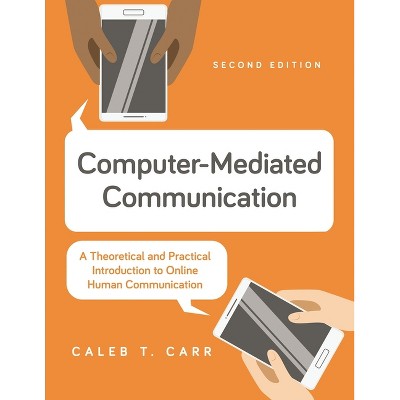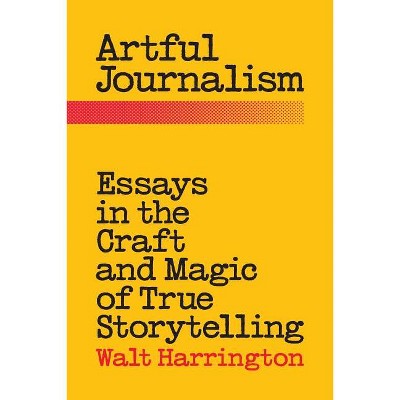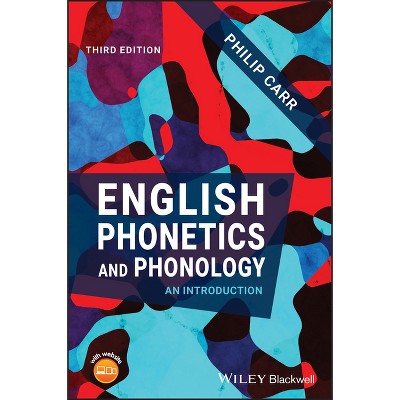Sponsored

Journalism in the Generation Z Age - by D Jasun Carr & Mitchell T Bard (Hardcover)
In Stock
Sponsored
About this item
Highlights
- This book examines the ways in which Generation Z engages with and affects both traditional and emerging sources of journalism and media.
- About the Author: D. Jasun Carr is associate professor of digital media at Idaho State University.
- 146 Pages
- Language + Art + Disciplines, Communication Studies
Description
About the Book
This book examines the ways in which Generation Z engages with and affects both traditional and emerging sources of journalism and media. The authors combine existing data and theory with original experiments to illustrate that, while Gen Z's journalism experiences are fundame...Book Synopsis
This book examines the ways in which Generation Z engages with and affects both traditional and emerging sources of journalism and media. The authors combine existing data and theory with original experiments to illustrate that, while Gen Z's journalism experiences are fundamentally different, the traditional theories continue to generally apply.
Review Quotes
Journalism in the Generation Z Age takes readers seamlessly through the decades to the present while addressing different approaches to a technological and social revolution within our country. Key events and issues within society are researched and presented from what Gen-Z thinks and cares about with respect to news and media. Answers to the question as to how we got to this place in time help to make sense of it all. This is a must read for all generations!
Original research, media effects theory, and a history of US mass media combine for timely analysis of Generation Z's "revolutionary" attitudes toward news and media and their implications for journalism. Members of Gen Z, the first digital natives to mature untethered to mass media scheduling and formats, passively encounter journalism in social media feeds that bundle information (and disinformation) alongside messages and entertainment. Yet, studies show that Generation Z retains esteem for trustworthy news and can quickly find it. Gen Z also behaves similarly to earlier generations by seeking out information that aligns with already-held views. But their news consumption is "wholly unique," consisting mostly of clips and brief summaries. Partisan conclusions driven by social media cues, like comments and emojis, were as likely to occur in Gen Z participants as in cohorts consuming news in other venues: "That these instantaneous and unelaborated social cues can sway trust carries important societal implications [as] more of the population relies heavily on social media as a primary source of news." Free of finger-wagging, this exploration of Gen Z attitudes and perceptions adds to thinking about responsibly leveraging social media to preserve professional journalism. Recommended. Advanced undergraduates through faculty; professionals.
About the Author
D. Jasun Carr is associate professor of digital media at Idaho State University.
Mitchell T. Bard is associate professor in the Department of Media and Strategic Communication at Iona University.











